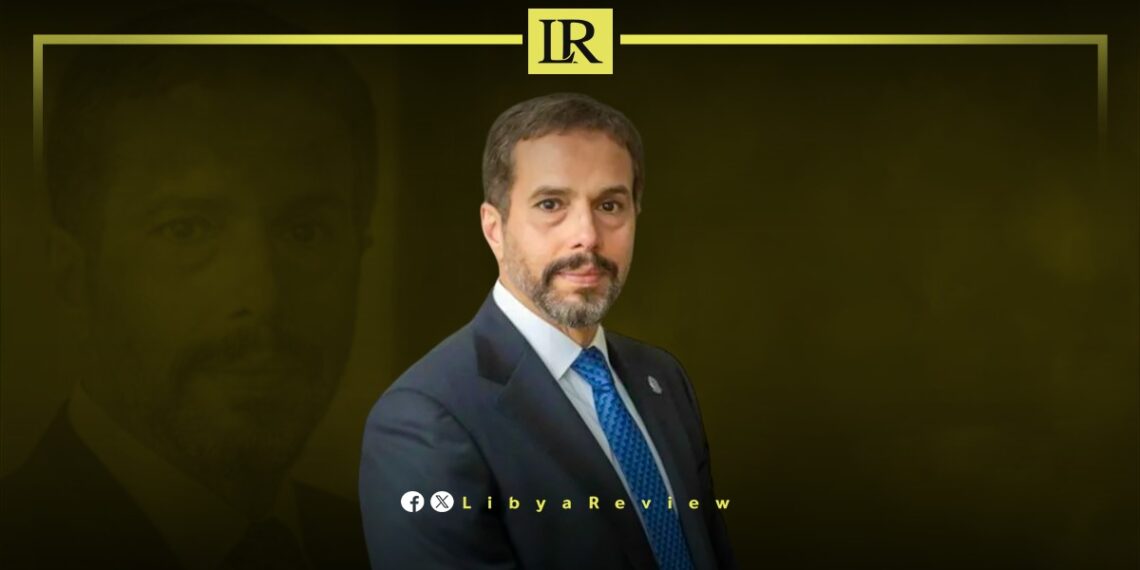Libyan Crown Prince Mohammed al-Senussi emphasized that elections are a means to achieve democracy, rather than an end in themselves.
In an interview with The Independent (Turkish edition), al-Senussi stated, “The goal is to build or rebuild a system that suits the country and preserves its unity.”
The Crown Prince underlined the importance of having a constitution for a successful democratic process. “Here lies the function of elections, which are a result of this construction, not a beginning,” he added.
“We support elections through which the people express their will, but within a clear and organized framework for this process and under a stable system to prevent a slide back into chaos,” he clarified.
“This is what a constitutional monarchy, upon which the country is founded, provides,” al-Senussi concluded.
In December, Al-Senussi outlined a vision for the country’s future, in a recent interview with Morocco World News. Al-Senussi focused on historical roots, advocating for a Libyan-led solution to the ongoing crisis.
Al-Senussi proposed the reinstatement of the 1951 Constitution as a logical starting point, citing its success during Libya’s “Golden Era.” Benefits include legitimacy, consensus, and a unifying factor that can address political fragmentation.
He initiated the Libyan National Dialogue, aiming for national reconciliation and unity. The ongoing dialogue shows promise in addressing fragmentation, mitigating external interference, and promoting stability.
Al-Senussi urged international support for Libyan-led initiatives, affirming alignment with Libya’s history and culture. A Western-style liberal democracy may not be suitable, and he called for a shift in approach to authentically Libyan solutions.
He proposed an inclusive diplomatic approach, where diverse Libyan voices contribute actively to decision-making processes.
The Crown Prince stressed the need for empowering ordinary citizens in shaping Libya’s future. This involves fostering civil society organizations, ensuring access to information, utilizing technology for participation, enacting legal frameworks for citizen input, and maintaining transparent governance.


